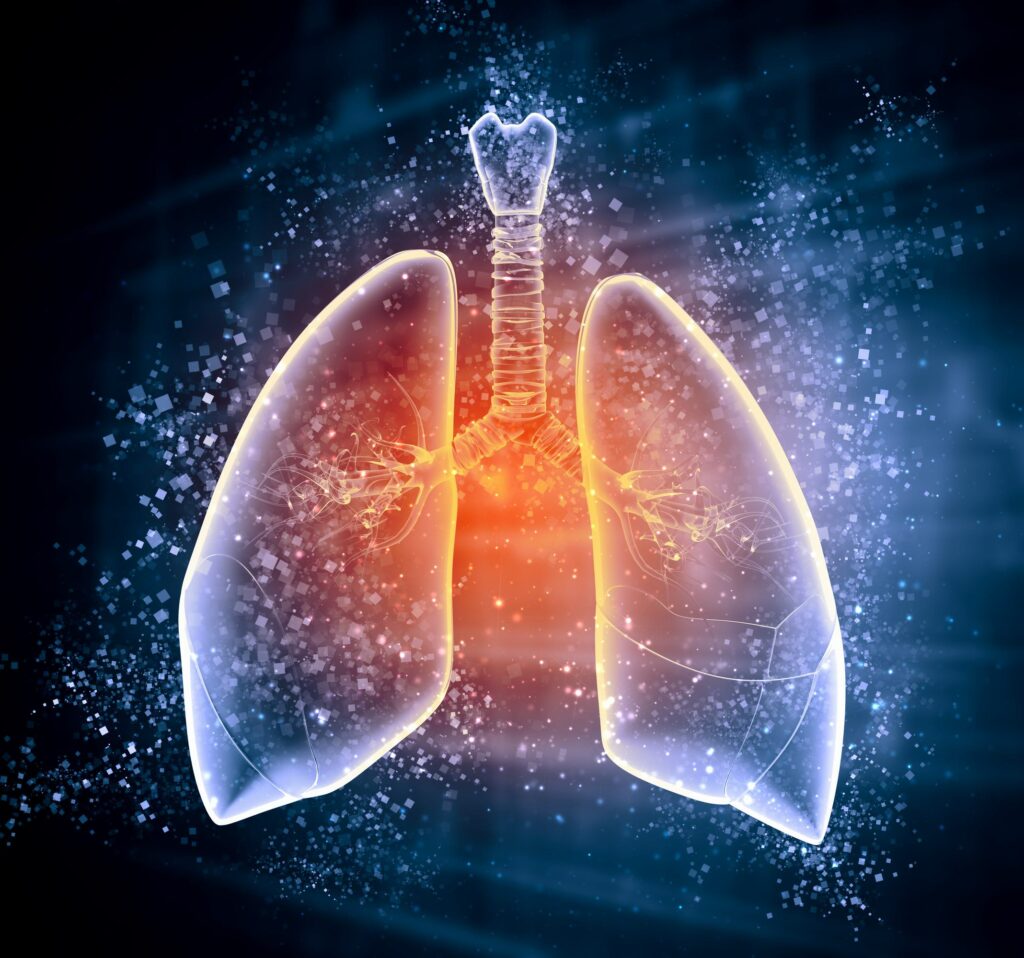The effects of endurance sports to your body

Everyone would like to be really fit. And our deep-rooted desire for health, well-being, and a great body is most likely to be achieved with a plus of exercise. In addition to regular muscle-building training, endurance sports are especially recommended. Anyone who exercises according to their individual abilities is doing their body a lot of good:
The positive effects on your brain
The blood flow in various regions of the brain increases by about 30 percent during endurance sports. Also, the number of young nerve cells in the hippocampus increases. This is the area of the brain that is responsible for memory. Besides, our brain releases more mood-boosting endorphins during endurance training.
How the glands benefit from endurance sports
The butterfly-shaped thyroid gland secretes more of the hormones thyroxine and triiodothyronine. The result: metabolic activity increases, and this also applies at rest. So the body burns significantly more calories, even when we are sitting on the couch. The pancreas, on the other hand, reacts with a steady release of insulin. More sugar is channeled into the cells, and the blood sugar level drops. The insulin receptors become more sensitive to insulin, which causes the cell to produce more proteins to transport glucose through the cell membrane. There is no better preventive measure against the mass affliction of type 2 diabetes.
The benefits for your heart
This significant muscle grows and works more economically. This is good news for heart patients in particular. They are much more resilient. The following applies to all: the heart can absorb 20 percent more blood and do much more pumping work. So if you run regularly, you can take a lot of work off your heart muscle. Up to 30,000 beats can be saved daily through endurance training. Saved beats mean less wear and tear. The heart has to work 25 percent less and, as a thank-you, beats up to 10 years longer.

The lungs are happy about this
An endurance-trained person breathes less, but much more deeply. After just two months of training, the so-called vital capacity increases by 25 percent. This is the lung volume between maximum inhalation and exhalation. Endurance training improves the performance of the muscles so that higher loads are possible with less breathing effort. It also improves the strength and mobility of the chest.
This makes the liver happy
The body needs more sugar through endurance sports. Consequently, the liver can stock up its glycogen depots and has no problems keeping the blood glucose level constant. This increases the body’s overall performance.
A gift for the muscles
Due to the growing heart and its stronger pumping capacity, the small vessels in the muscles receive more blood. The mitochondria benefit from this. These so important power plants of the body can provide more energy from sugar and fatty acids. In addition, untrained people can only activate about 60 percent of their muscle fibres, whereas trained athletes can activate up to 90 percent.
The secret of myokines
During physical activity, the muscles release extraordinary messenger substances: myokines. Science is still in its infancy, but it is already clear that these muscles’ messenger substances are vital for our health. They promote muscle growth and fat burning, support sugar metabolism, and thus protect the pancreas. They also ensure that the vessels remain more elastic and thus prevent vascular calcification. In this way, they prevent strokes and heart attacks.
Interesting facts about the sex hormones
In both men and women, the concentration of the sex hormone testosterone increases. This stimulates muscle building and invigorates the love life. But this only works if you don’t overdo it with endurance sports and pay attention to your running pace. Aerobic training is ideal.
Blood – the red life-giver
The amount of blood circulating in the body increases significantly, ideally by more than one liter. This makes more red blood cells available to the organism. They help to supply muscles and organs with oxygen even better. The blood flow properties also improve, and the exchange of substances between blood and tissue runs more smoothly.
For a powerful immune system
The number of immunoglobulins responsible for the body’s defence increases significantly. Colds, coughs and other infections then no longer stand a chance. In addition, the functionality of the immune cells improves, thus counteracting the development of cancer.